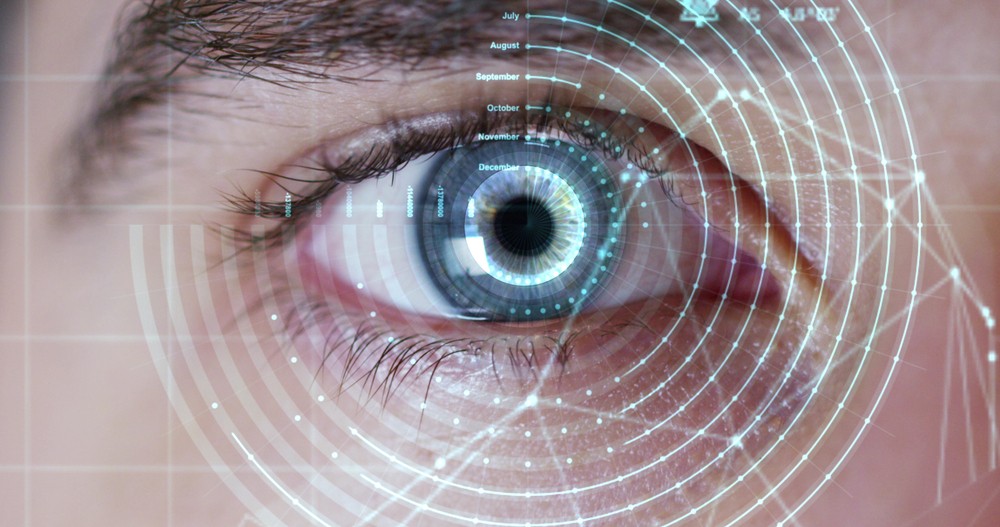Popular Reads
Top Results
Can't find what you're looking for?
View all search resultsPopular Reads
Top Results
Can't find what you're looking for?
View all search resultsNo more passports at Incheon Airport?
South Korea’s Incheon Airport has adopted an employee identification system using iris scanning technology, with aims to expand the biometrics ID system to all general airport users.
Change text size
Gift Premium Articles
to Anyone
S
outh Korea’s Incheon Airport has adopted an employee identification system using iris scanning technology, with aims to expand the biometrics ID system to all general airport users by as early as 2020, according to local news reports Sunday.
If applied to the airport’s passenger check-in system, the system would allow people to pass customs and board airplanes via iris scanning, removing the need to present a physical passport.
As of this month, Incheon Airport has reportedly installed an iris scanning-based check-in system for its employees at the “speed gate” at its headquarters.
Read also: Incheon Airport signs on BTS to target millennial tourists
It is also running 3D motion scan technology for security check-in procedures, with aims to expand such biometrics authentication procedures to general airport users.
The move comes in line with ongoing efforts by airport operators around the world to make airport services smarter by using biometric authentication technology.
For instance, Singapore’s Changi Airport and Hong Kong International Airport have been using facial ID systems to replace customs and check-in procedures at their facilities.
This article appeared on The Korea Herald newspaper website, which is a member of Asia News Network and a media partner of The Jakarta Post







